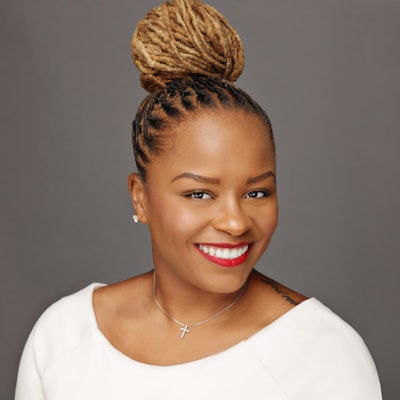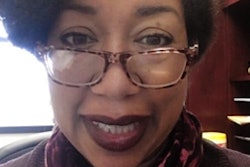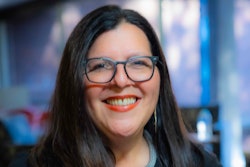The news of Temple University Acting President JoAnne Epps' death on Tuesday, September 19 sent shockwaves across the nation.
She was attending a memorial service at Temple for Charles L. Blockson, the legendary Black historian, author, and bibliophile who served as curator of the university’s Blockson Afro-American Collection when she collapsed on stage.
Epps, 72, was taken to Temple University Hospital, where she was pronounced dead. Dr. Crystal A. deGregory
Dr. Crystal A. deGregory
Obviously, no one felt and feels this loss more keenly than Epps’ family, friends, and close colleagues. However, as Black women in academia, many of us, otherwise strangers to her, felt it too.
As a beloved member of the Temple faculty for more than three decades, Epps spent more than half of that time in various leadership roles. From serving as dean of the Beasley School of Law to executive vice president and provost, Epps had long demonstrated her dedication to the university before assuming the role of acting president in April following the resignation of Dr. Jason Wingard.
It is important to note that, despite the presumed or actual shortcomings of his two-year presidential stint, Wingard was, in 2021, Temple’s first Black president since its founding in 1884.
As a successor, Epps, who was planning to retire before being asked to step in, was not just an ideal candidate; she was, in all the ways that matter and many of the ways that should not, an ideal clean-up woman. She had the know-how, the cultural competency, and the community buy-in to address the campus’ multitudinous challenges.






















